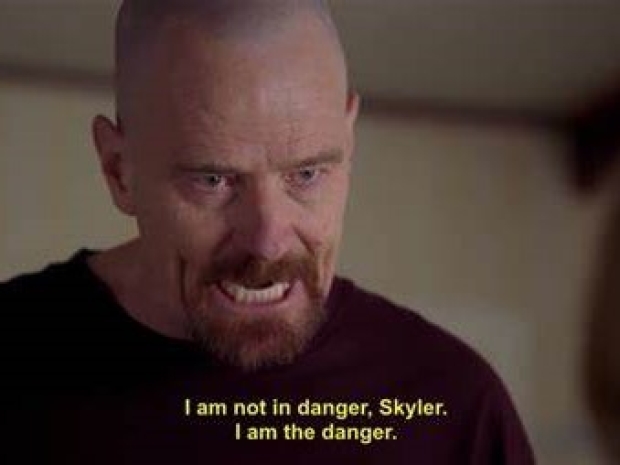The Breaking Bad document contains meeting notes that Google’s vice president for finance, Michael Roszak, “created for a course on communications.”
Roszak wrote that Google’s search advertising “is one of the world’s greatest business models ever created” with economics that only certain “illicit businesses” selling “cigarettes or drugs” “could rival.”
Roszak told the court that he didn’t recall if he ever gave the presentation. He said that the course required that he tell students “things I don’t believe.”
He claimed the notes were “full of hyperbole and exaggeration” and did not reflect his true beliefs “because there was no business purpose associated with it.”
Google repeatedly objected to the document being shared in court, claiming it was irrelevant to the DOJ’s case. Then, after Mehta allowed the DOJ to present the document as evidence, Google tried to seal off Roszak’s testimony.
Beyond likening Google’s search advertising business to illicit drug markets, Roszak said that because users got hooked on Google’s search engine, Google could “ignore the demand side” of “fundamental laws of economics” and “only focus on the supply side of advertisers, ad formats, and sales.”
The bit that interested the DOJ was the quote: “We could essentially tear the economics textbook in half.”
Part of the DOJ’s case argues that because Google has a monopoly over search, it’s less incentivised to innovate products that protect consumers from harm like invasive data collection.
A Google spokesman told Bloomberg that Roszak’s statements “don’t reflect the company’s opinion” and “were drafted for a public speaking class in which the instructions were to say something hyperbolic and attention-grabbing.”
The spokesman also noted that Roszak “testified he didn’t believe the statements to be true.”

